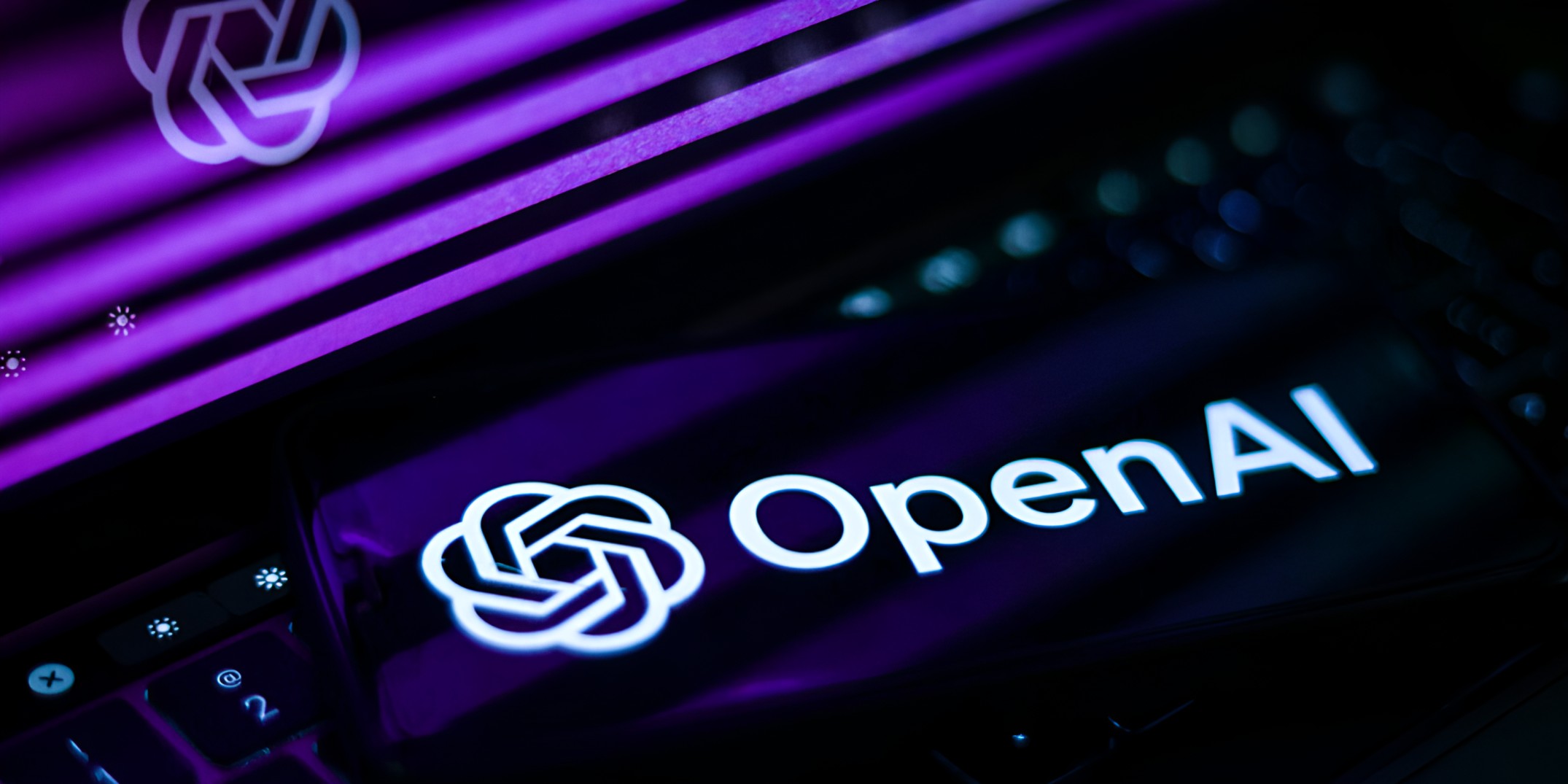OpenAI has unveiled its latest artificial intelligence chatbot, GPT-5, describing it as “smarter, faster, and more useful” and capable of delivering expertise on par with a PhD holder.
Chief executive and co-founder Sam Altman said the release marked a new chapter for ChatGPT, adding that the model’s capabilities would have been “pretty much unimaginable at any previous time in human history.”
The launch comes as tech firms compete to dominate the AI chatbot market. Elon Musk recently made similar claims about his Grok chatbot, integrated into X, saying it was “better than PhD level in everything” and the “smartest AI” in the world.
According to Altman, GPT-5 can handle advanced coding and writing tasks with greater reasoning, fewer factual errors, and reduced deceptive tendencies. The model is designed to show its working and logic when answering questions, making it more transparent and useful to professionals, particularly software developers. “GPT-3 sort of felt to me like talking to a high school student... 4 felt like you're kind of talking to a college student,” Altman said. “GPT-5 is the first time that it really feels like talking to an expert in any topic, like a PhD-level expert.”
OpenAI says the system can create complete software programs and feels “more human” in its responses. It has also been trained to be more honest and provide accurate information, an upgrade Altman believes makes it “significantly better” than earlier versions.
Some experts remain cautious. Prof Carissa Véliz of the Institute for Ethics in AI warned that the hype may be outpacing reality, saying these models “haven't been able to be really profitable” and can only mimic, not truly replicate, human reasoning. She added that marketing pressures may be driving exaggerated claims.
Gaia Marcus, Director of the Ada Lovelace Institute, said the growing capabilities of AI systems made the case for stronger oversight. “As these models become more capable, the need for comprehensive regulation becomes even more urgent,” she said.
BBC AI Correspondent Marc Cieslak, who tested GPT-5 before its official release, said the interface was largely unchanged from previous versions but that it now runs on a “reasoning model” designed to think harder about problem-solving. “This seems more like an evolution than revolution for the tech,” he observed.
Beyond its technical claims, GPT-5’s debut has raised questions about copyright and content authenticity. Grant Farhall, chief product officer at Getty Images, said as AI-generated content becomes more convincing, there was a need to ensure creators are compensated when their work is used. “Authenticity matters – but it doesn't come for free,” he said.
OpenAI will roll out GPT-5 to all users from Thursday. The coming days are expected to test whether the system delivers on Altman’s promises.
The launch has also stirred tensions with competitor Anthropic, which recently revoked OpenAI’s access to its application programming interface, accusing it of violating terms of service by using Anthropic’s coding tools ahead of the release. OpenAI said it was “industry standard” to evaluate other AI systems for progress and safety. “While we respect Anthropic's decision to cut off our API access, it's disappointing considering our API remains available to them,” the company said.
OpenAI is offering a free tier for GPT-5, signalling a possible shift from the proprietary model approach it has long used.
The company is also introducing changes to how ChatGPT interacts with users. In a blog post, OpenAI said it would no longer give definitive answers to personal questions such as “Should I break up with my boyfriend?” Instead, it will guide users through decision-making by asking questions and weighing options. The change follows criticism of a May update that made ChatGPT “overly flattering.”
Altman acknowledged that while the technology brings major benefits, it could also encourage problematic relationships between users and AI. “This is not all going to be good, there will still be problems,” he said, adding that society would have to set new boundaries. He referenced the 2013 film Her, in which a man forms a relationship with an AI companion — a storyline that resurfaced in 2024 when actress Scarlett Johansson accused OpenAI of launching a chatbot with a voice “eerily similar” to hers.

